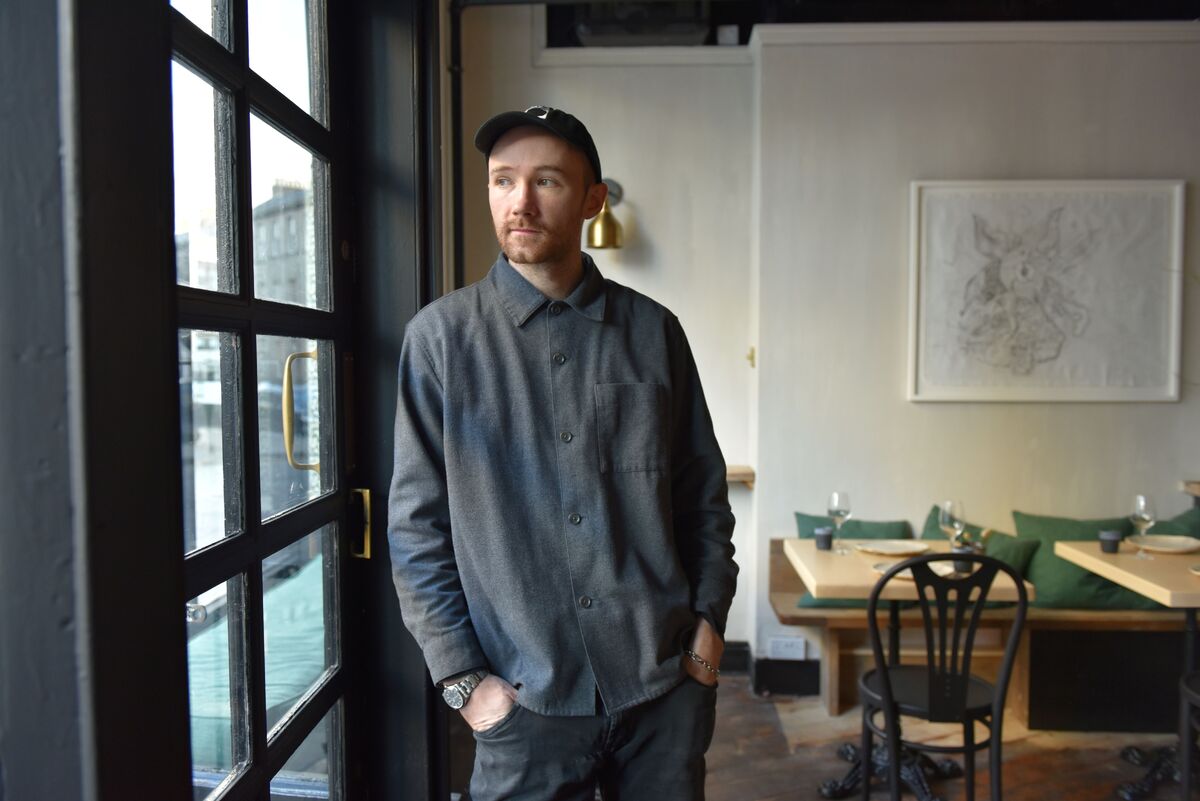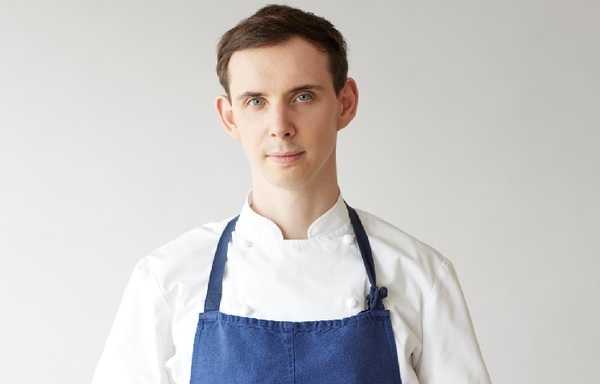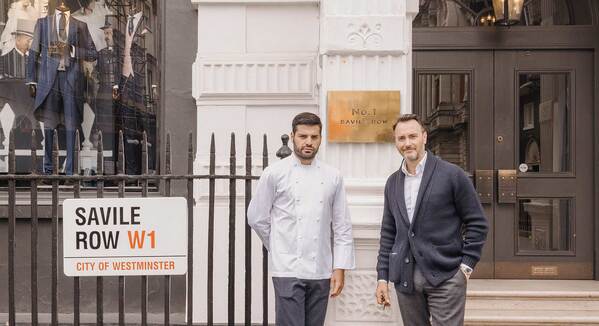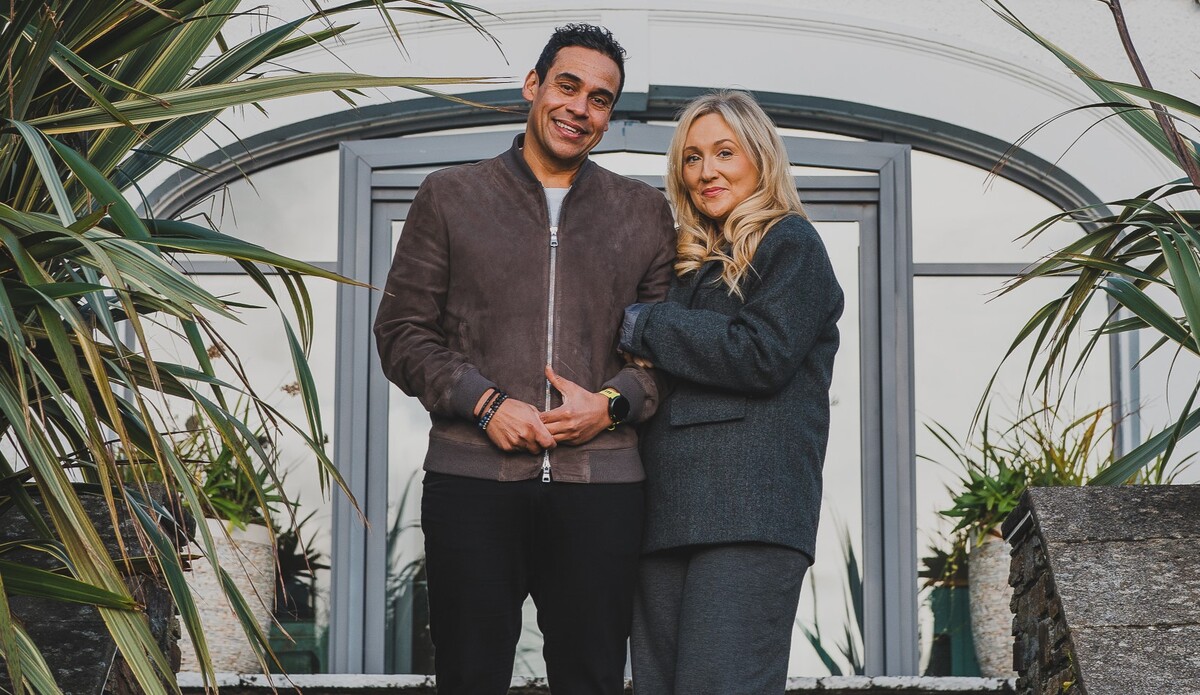Sustainable Futures with Alaska Seafood part three: Olly Bird, executive head chef, the Beast and Zelman Group
For Alaska Seafood, sustainability doesn't just relate to fish. It's about creating a sustainable workforce, attracting new talent and promoting the industry as a great place to work. Over the next four months, Alaska Seafood will be unearthing the future stars of the hospitality industry. In part three, we meet executive head chef Olly Bird
What is your job and what does the role entail?
How did you get involved in this industry?
When I was younger I always cooked with my mum on the weekends and it ended up being something that I was quite good at. At 16 I went to a local hotel and asked the head chef, Jonathan Wood, for a job, I remember him towering over me and allowing me to do the dishes and help out with preparation. Eventually, after proving that I wasnât scared of the hard work, he allowed me to work the sections of the kitchen while completing my catering course at college. He was influential in pushing me forward to always strive for more.
What do you love about it?
I love the buzz that you get from working a super-busy shift, and knowing that you have a dining room full of happy guests. Also, the real sense of teamwork that you get by working in a high-pressure environment with a great bunch of chefs.
What do you find challenging?
Staffing, which a lot of people will roll their eyes at, but I find the challenge these days is to find staff that have a real passion, understanding and dedication for the products that we work with. Itâs heartbreaking sometimes, when you see people treat food just as items and donât understand the story behind some of these fantastic products. One of the amazing experiences working for this company is where we trace our products back to source, to get a better understanding and appreciation for them.
Who was your biggest icon growing up who inspired this career choice?
I loved The French Laundry Cookbook when I was younger and I remember looking at it and thinking that this was what I wanted to do, so I have to say Thomas Keller, but I have been lucky enough to work under some great head chefs and have learned so much and been inspired by them all.
Where do you see yourself in five yearsâ time?
I would love to be in a position where I have been lucky enough to take the experiences I have and to keep pushing with high-end quality ingredients in my own restaurant, where I could focus on cooking as well as developing the young chefs coming into this trade.
What advice would you give to those trying to break into this industry?
Treat this job as your passion and love what you do, as I think that when you cook from the heart the results are always so much better. Being a chef is not an easy choice: thereâs little to no social life and long hours are spent in hot environments. There is no quick fix to get to the top, so listen to the advice being given around you and try and take one good attribute from every chef you work with. Set your goals and focus yourself on achieving them.
â¢Â Look out for part four of Sustainable Futures in the 9 November issue
To find out more, head to www.alaskaforeverwild.com














